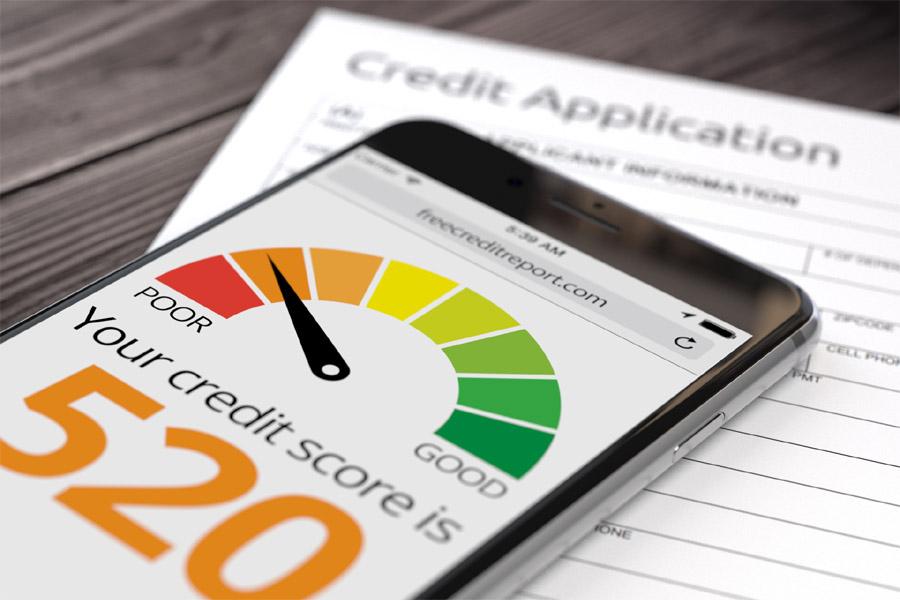Having a good strategy to balance your finances and maintain a healthy credit score is essential for any individual. It takes hard work, dedication, and discipline but can be achieved with the right knowledge.
The key is to understand how money works – from budgeting and tracking expenses to creating an emergency fund – as well as knowing how credit scores are calculated and which actions affect them. With this insight, you can develop effective strategies that will help you keep your financial situation in check while also maintaining or improving your credit score over time.
This article provides valuable information on both topics so that you have the tools needed to succeed financially in life.
Make Payments on Time

Paying your bills on time is one of the most important steps you can take to maintain a healthy credit score. Not doing so could lead to late fees and even negative marks on your credit report, both of which can have long-term consequences.
To ensure that all payments are made in a timely manner, it’s essential to keep track of due dates and set reminders when needed. Automating bill payments or setting up direct deposit from your checking account into savings for upcoming expenses is another great way to make sure all obligations are taken care of promptly and efficiently.
Budgeting ahead and taking advantage of online banking services such as automatic transfers can also help you stay organized and lower the risk of missing a payment date. Lastly, be aware that some companies offer discounts if you pay early or have an auto payment system setup – always look out for these opportunities! By following these strategies, you will not only save yourself money but also build up good financial habits that will benefit you in the future.
Conclusion

Maintaining credit score is an important part of balancing your finances and achieving financial success. By following the effective strategies outlined in this article, you can make sure that your credit score remains high, even when money gets tight.
Tracking expenses regularly, using budgeting tools to monitor spending habits, and understanding how different types of debt affect your score are all key components of maintaining a good credit history. Additionally, taking advantage of resources like free online advice or consultation sessions with personal finance experts can help you stay on track with managing your finances and keeping up with the latest changes in the industry.
Following these tips will give you peace of mind knowing that youre well-prepared for any financial challenges that may come along.


